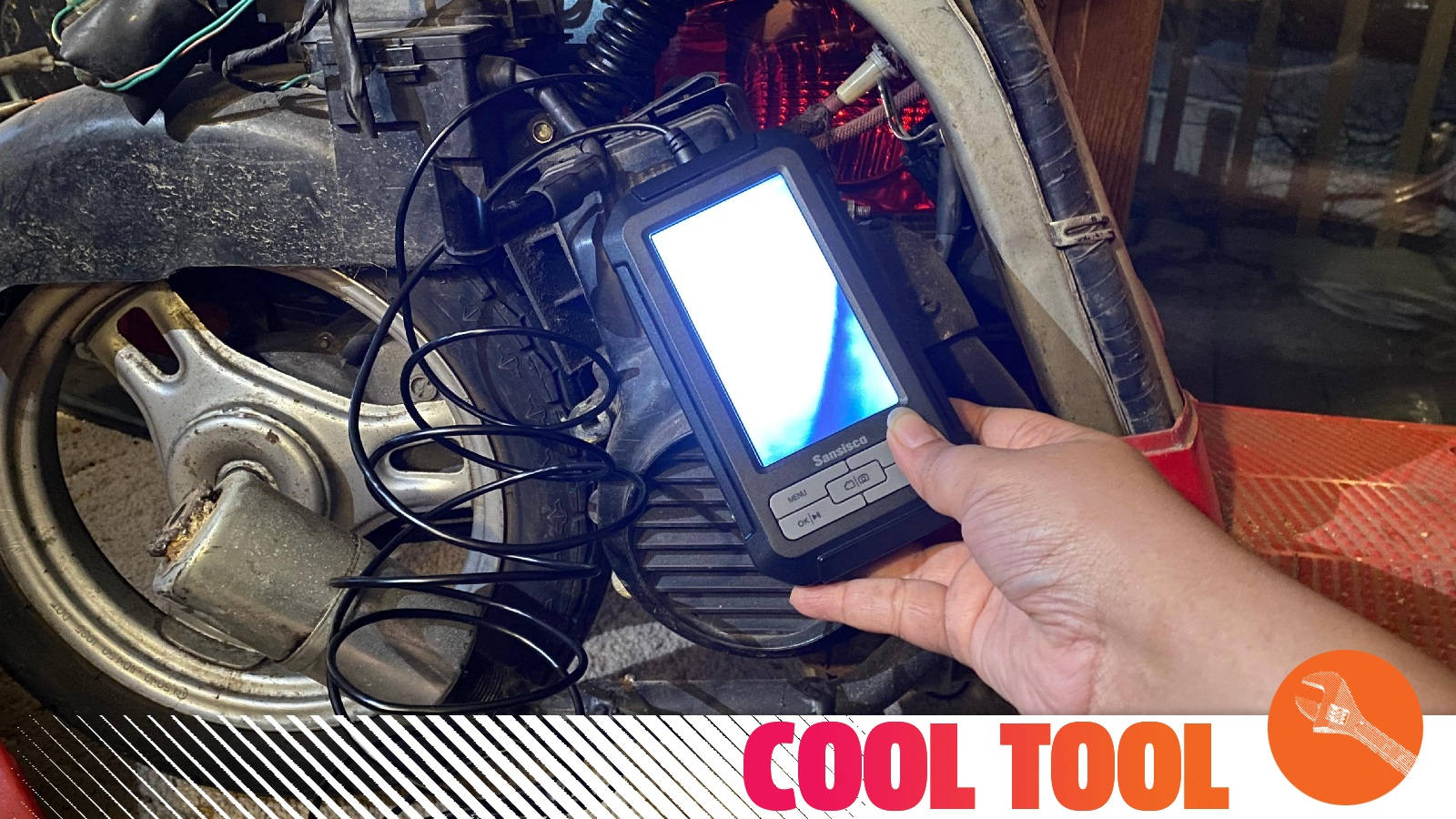This Borescope Displays Your Dying Engine In High Definition, With A Caveat
Forget apps that break and sloppy Wi-Fi connections, this is the type of borescope to get.
There comes a time in about every gearhead's life when they want or need to see the inside of something. It could be an old classic they just rescued, a car they let sit for too long, or a dying engine. A cheap borescope gives you vision where you can't get your eyes, but some are better than others. Here's one that's awesome.
As with most of the tools I personally review, the borescope is a part of my growing toolbox, purchased from Amazon for about $70.
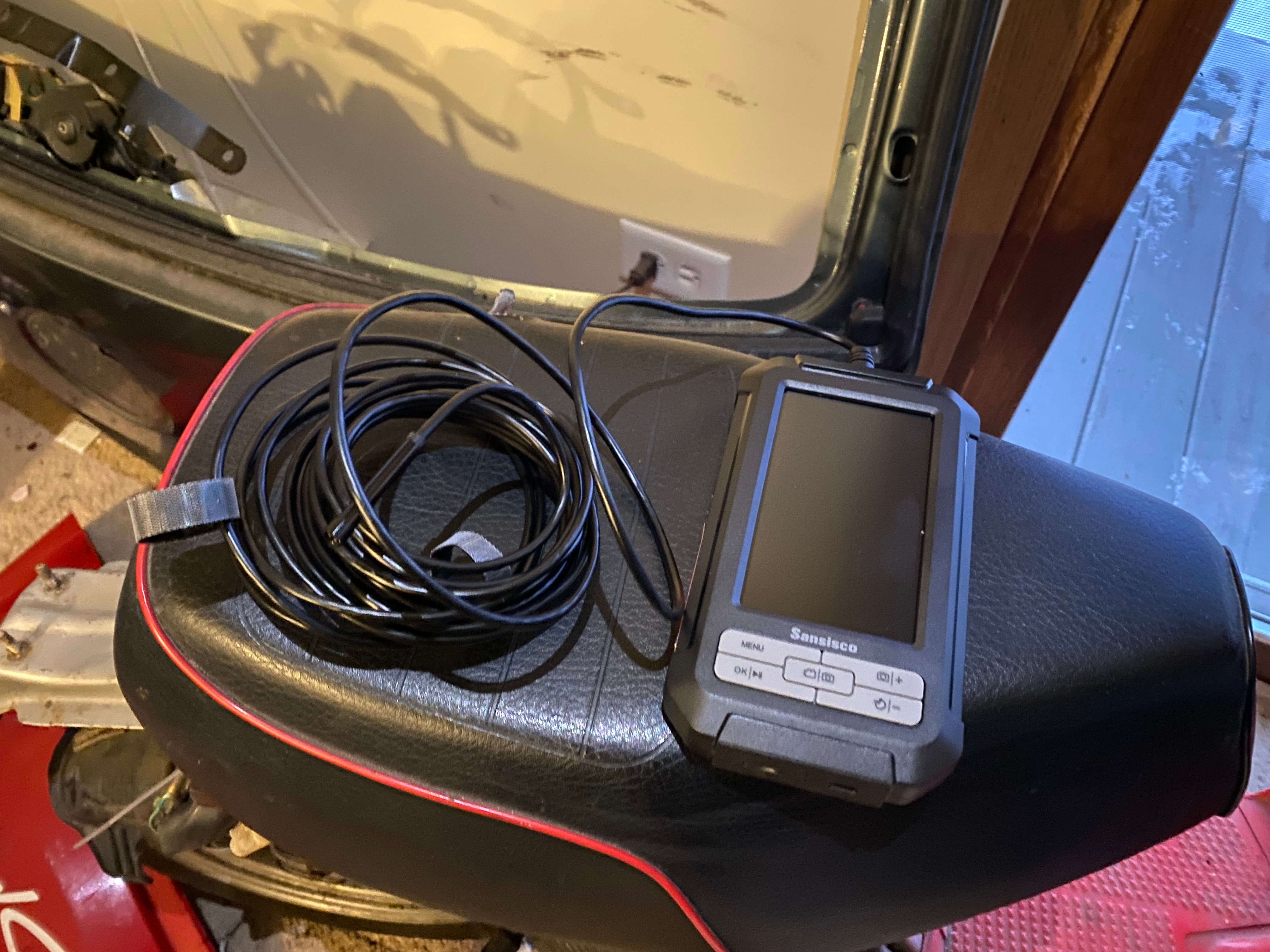
If you're familiar with Cool Tool, you know that I started this series over a year ago with a wireless borescope presented by Adam Savage. I've gotten to play around with a friend's wireless borescope since then and wasn't impressed with the image quality. I couldn't make out if something was rust or carbon buildup. And of course, wireless borescopes often depend on apps; programs that may run out of support or even get removed from an app store.
Reader NYankee1927 suggested avoiding all of this by getting a borescope with its own integrated screen. No apps to deal with and your expensive phone can be safe, away from getting banged up as you work on your car. That was good enough for me and a Sansisco DS350 soon found its way to my mail room.
The Sansisco DS350 has a 5.5mm probe and a lengthy 16.5 feet of cable. It pipes videos and images from the inspection camera to a 4.3-inch screen in 1080p. That camera is IP67 water resistant and those shots of your parts get saved on an included 32GB microSD card. You also get a hook and a magnet to attach to the camera.
To test the Sansisco I chose to look into the sole cylinder of the 1986 Honda Spree in my living room.
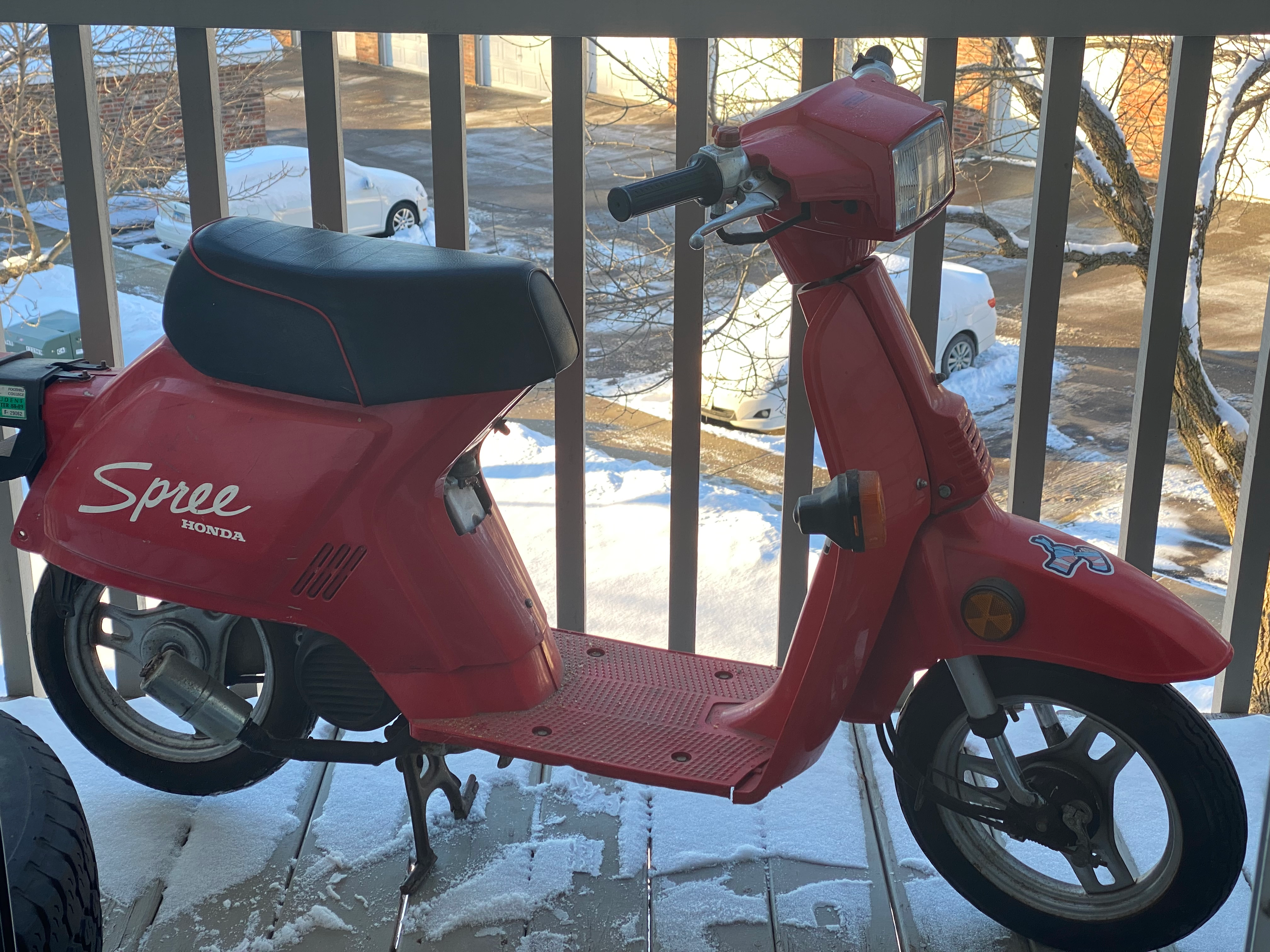
I've had the tool for a while, but haven't yet needed to use it. Eventually, that time came after I revived my 2012 Smart Fortwo, but now it's far too cold. That'll have to wait for temperatures above single digits.
Besides, this Spree should be a decent test.
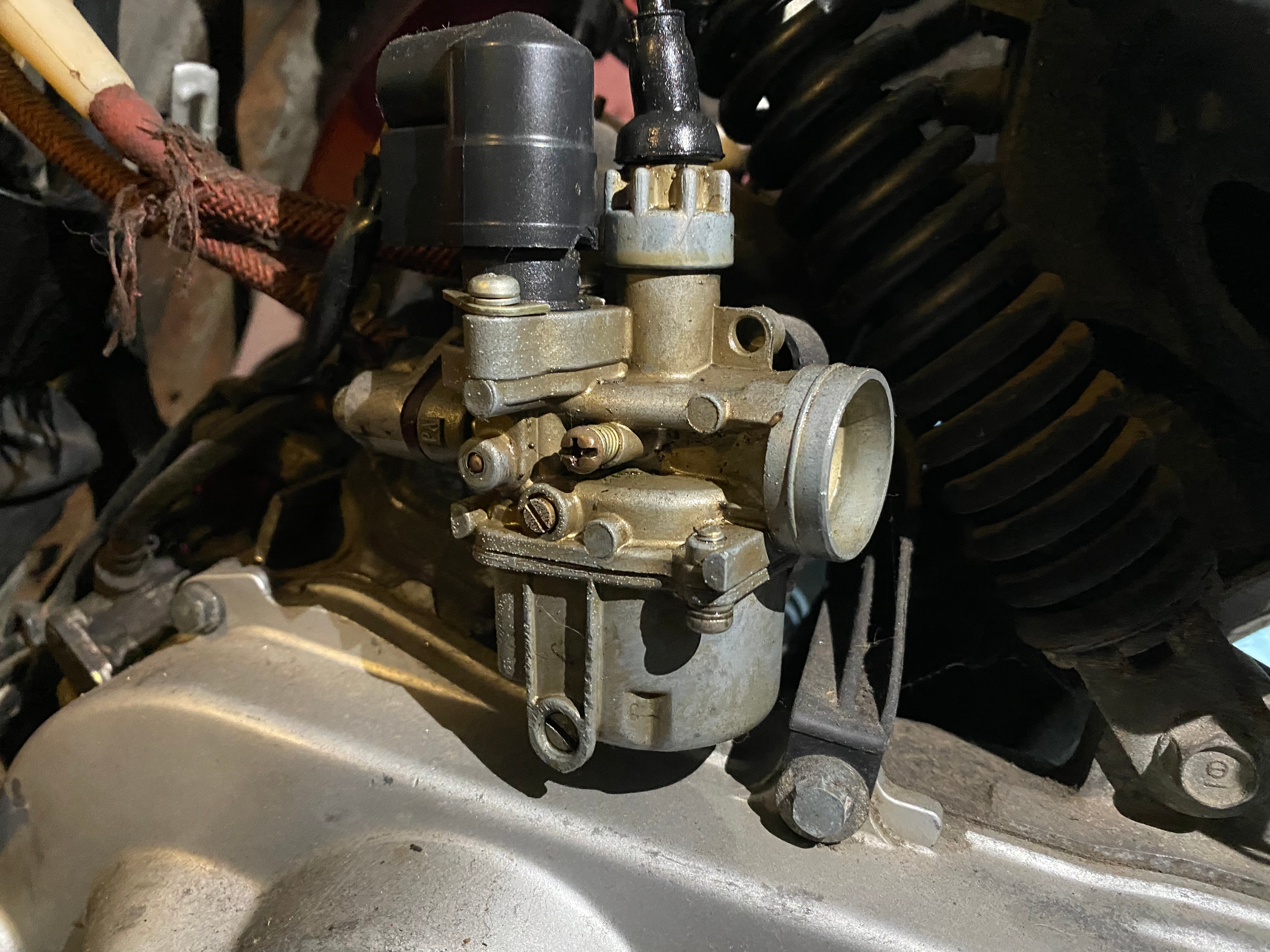
It hasn't run in nearly four years and spent one of those years taken apart in a moist garage.
The borescope has no setup. You just hit the power button and it's ready to go.
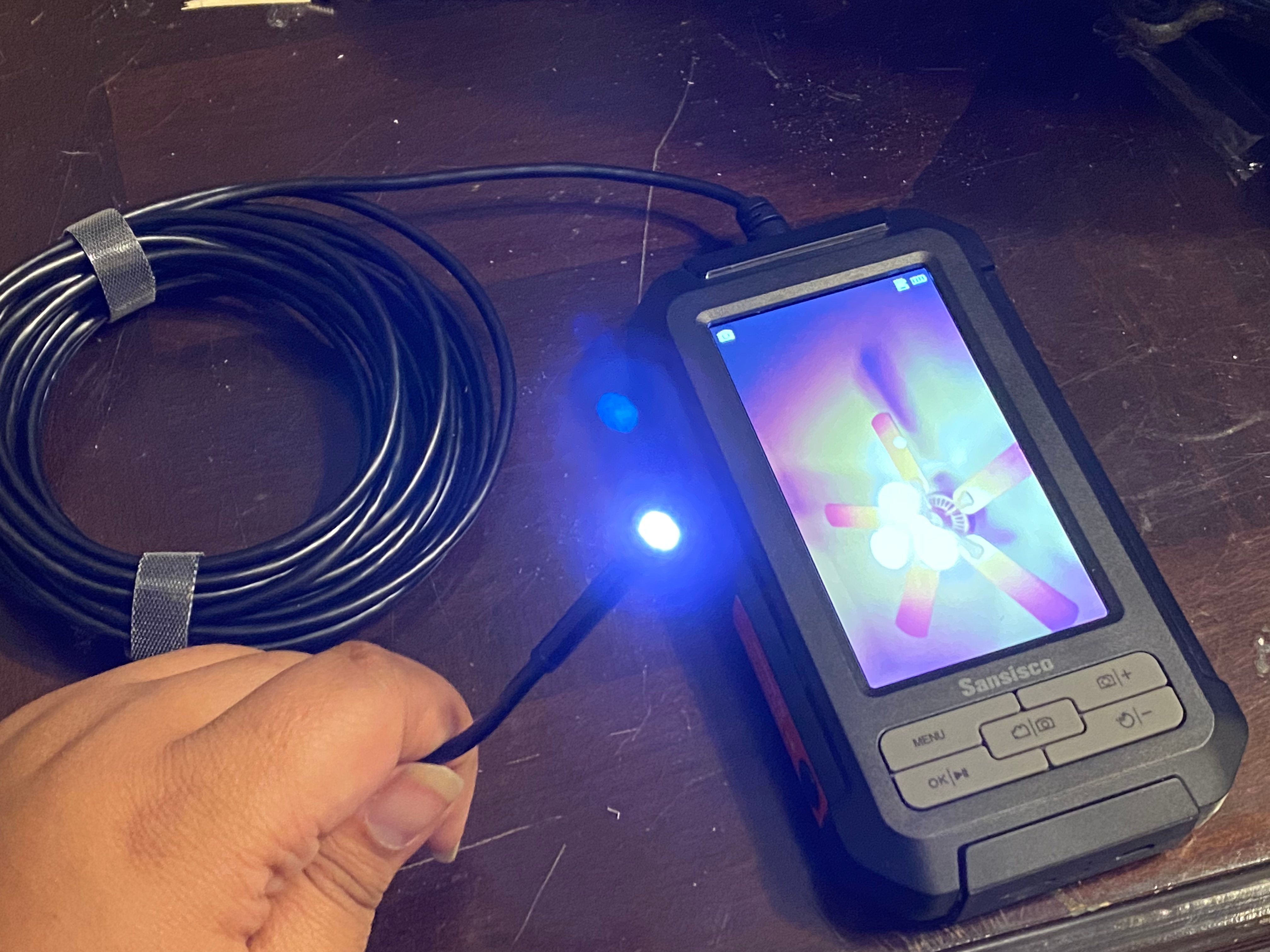
The cable is flexible, yet sturdy enough that you can get that camera into places without it falling out. This made one-handed operation easy. When you're in position, hit the center button once for a picture or hold for video. The outer buttons adjust the image orientation and the brightness of the flashlight. They also help you navigate menus and review the images you've taken.
It takes maybe a few minutes to understand how it works, then you feel like you have a superpower.
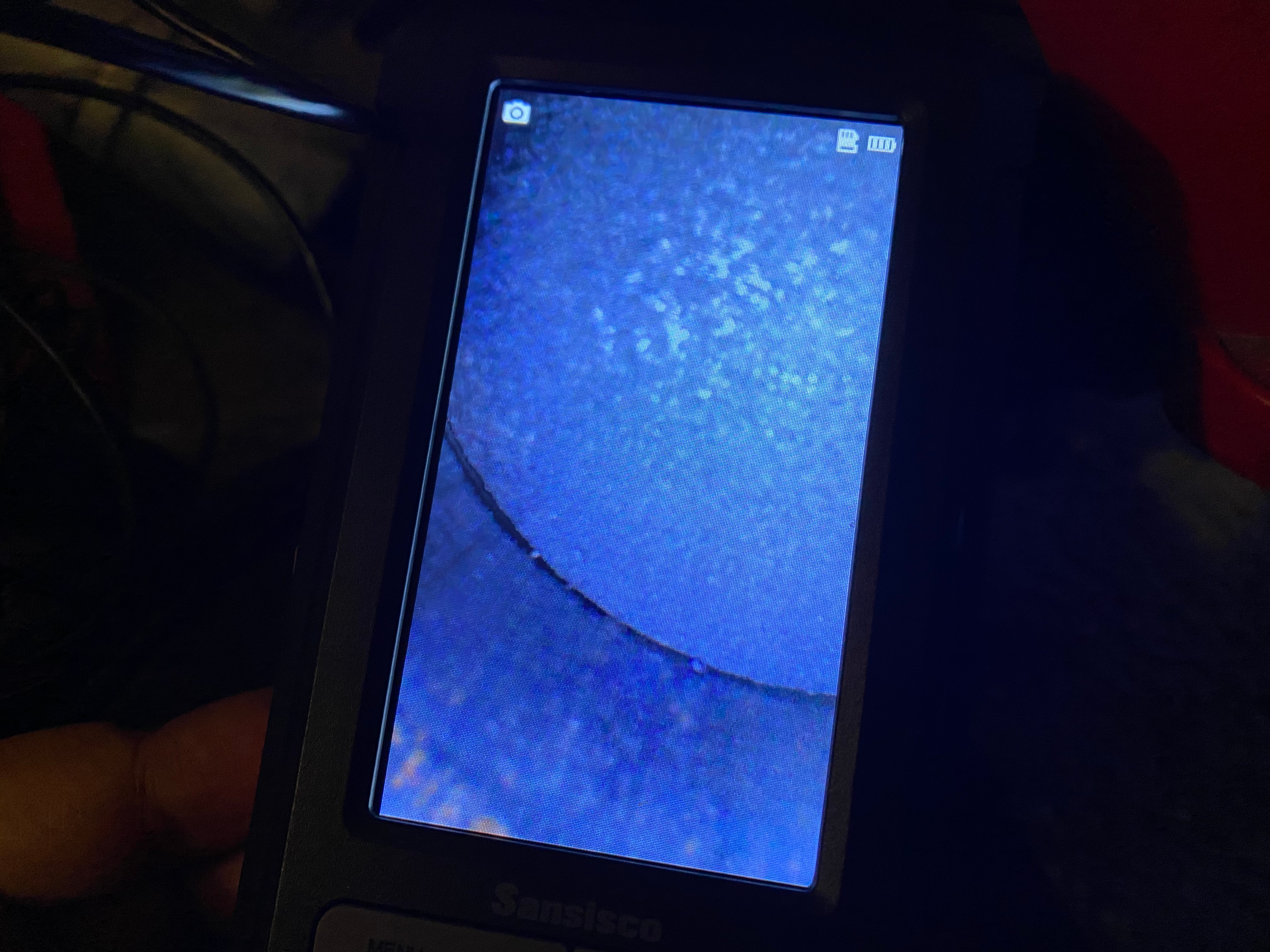
The picture doesn't do it justice, but the screen is clear enough that if you just want to see how bad things are you won't need to take a picture.
But if you do, you can extract it from the microSD and view it on your computer. If you're using this thing to support something like an engine shop, you can then give a copy to the customer. Here's what the Spree looks like:


Not bad for a used and abused two-stroke!
Unfortunately, extracting your work from this device can be a pain. Weirdly, the USB port on it is just to charge its battery, not for data transfer. That means you have to pop the microSD out and into a slot on your computer. If you're like me and your machines don't have such ports, you're left using a dongle or transferring the card into something that does data transfers. In my case, I used an old action camera that I have laying around.
That annoyance aside, this borescope is fantastic.
The battery lasts up to four hours, far longer than I'll ever need to use it for a single job. It neatly rolls up and goes back into a small box, so it won't add much clutter. And of course, I never need to worry about app support.
The Sansisco DS350 was about $70 on Amazon. A borescope can be as cheap as about $21 if you don't care about screens, but go up to a couple of hundred dollars and well beyond that if you're into tools from the truck. You definitely don't need to spend $1,000 if you're a weekend warrior, but you definitely want high resolution.
